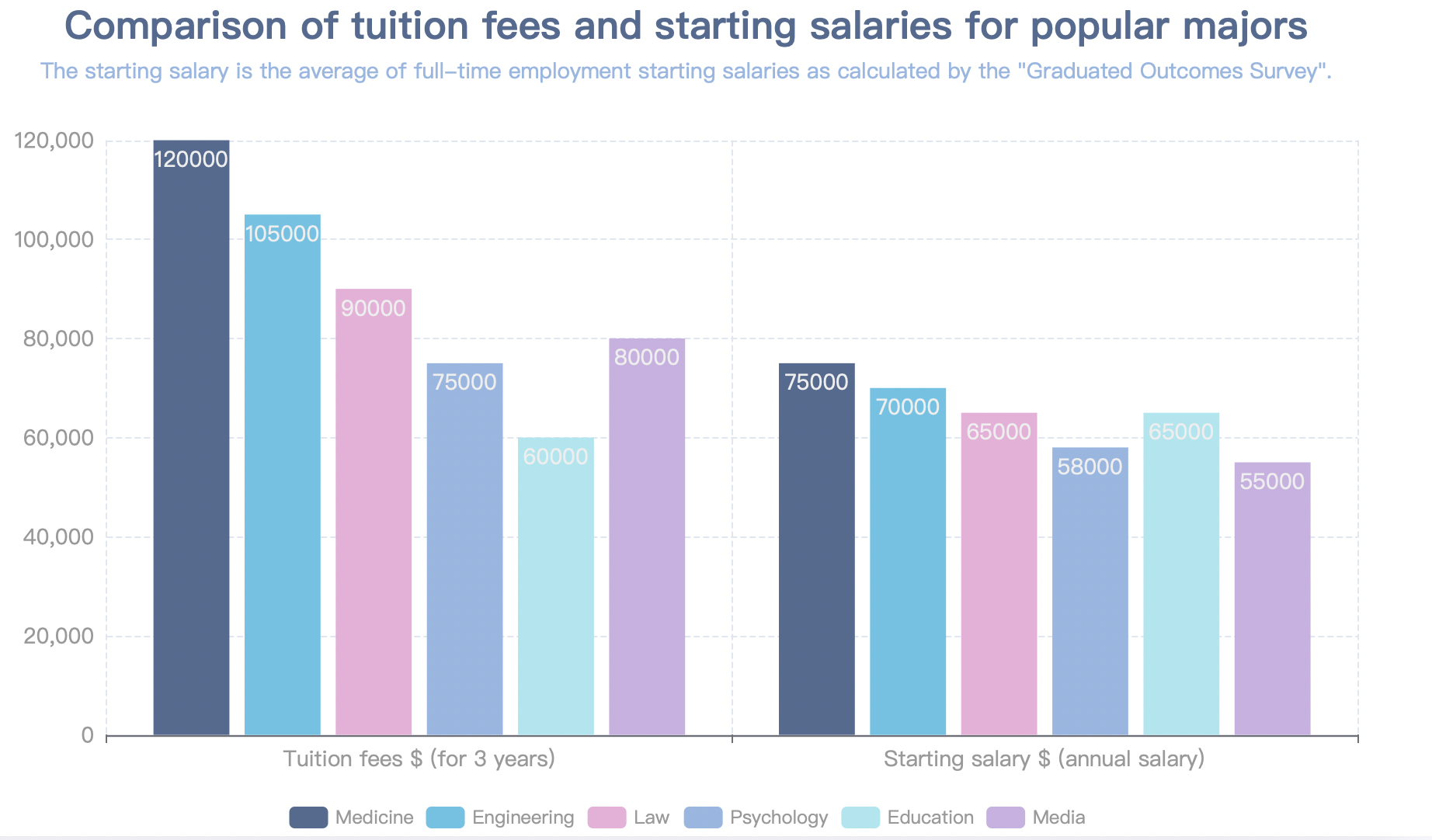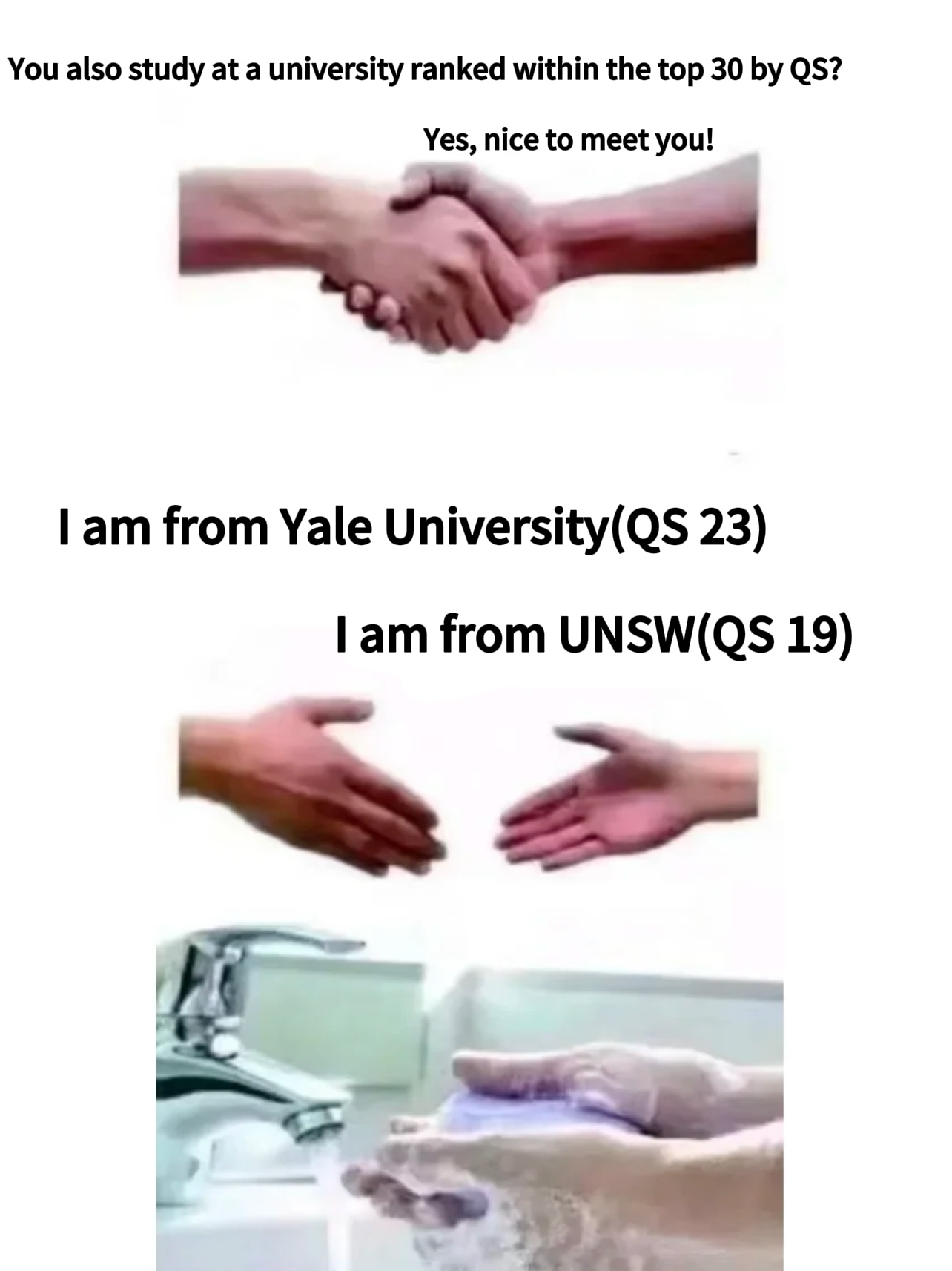
Society has always told us, “Go to university, and you will have a better future.” We once thought that a good university degree was our golden ticket. However, by 2025, high tuition fees, stagnant starting salaries, and academic qualifications no longer “hold value”. This has made many young people begin to seriously think about the question: Is university still worth it?
In Australia, university students from diverse backgrounds have varying perspectives on this issue. For local Australian students, although they enjoy HECS-HELP loan support, inflation has brought them many debt problems. For international students, especially those from China, several times the tuition fees and uncertain immigration policies make their “investment” an expensive adventure. This article will reveal the core problems facing university education now through various data and interviews, and try to inspire the education of future young people.
The plight of local students: HECS becomes a chronic debt
HECS-HELP (Higher Education Contribution Scheme – Higher Education Loan Program) is a university tuition loan program provided by the Australian government for local students. The program applies to students with Australian citizenship or specific permanent visas. Students can pay for undergraduate courses by going to school first and repaying the loan later. Although the loan repayment will be triggered only when the student’s income reaches $51,550 after graduation, the debt often becomes larger after graduation because the loan amount will increase with inflation. Therefore, even if they enjoy government funding during their student period, local students still feel anxious because of the uncertainty and long-term pressure of debt.
Risky Gamble for International Students
Confessions of a Chinese Student from University of Sydney. VIDEO CREDIT: Angelina Wang
Liu Chang is a Chinese graduate of the University of Sydney majoring in economics. She graduated from Australia and returned to China a year ago. Over the past year, she has been submitting resumes and interviewing. When asked why she chose to study at the University of Sydney, she was very frank: “I came here because the school was ranked high, and the school environment was good.” However, the reality is not gentle. After returning to China to find a job, she found that the job market in China was not optimistic, especially given the prejudice against Australian students. “Some employers think that the value of studying in Australia is not particularly high, and our school system is relatively short, so the recognition is low,” she said.
Like her, another Chinese graduate student, Ziyun Liu, who is studying marketing at the University of Sydney, also believes that “Studying abroad has helped me broaden my horizons and autonomy, but I spent 2 million RMB (≈AUD 430000) to study in Australia, and now it is difficult to find an internship. It may take more than ten years to earn a salary in the future to make up for the cost of studying abroad.”
The average annual tuition fee for international students is as high as $45,000, and they also need to pay visa fees and overseas insurance. Daily living expenses and rental costs are also very stressful. In cities like Sydney and Melbourne, monthly rents often exceed $2,200. This is a heavy financial investment for many families. And the return on this investment is very unstable in the eyes of many students studying abroad now.
For international students, staying in Australia to work is also a way to secure their future. After completing the media and communication major at the University of Melbourne, Yifei Wang decided not to continue her postgraduate studies. She said, “Tuition and living expenses are too high! A lot of the knowledge I learned in undergraduate studies is too theoretical and cannot be reflected in real life.” Although she has been looking for a job related to new media operations, she has never found a formal job that matches it because she does not have a PR (Australian Permanent Resident) identity.
Job market and academic depreciation

The “value preservation period” of a university degree is getting shorter and shorter. In Australia, even local international students face severe challenges in choosing jobs. Although they have advantages in language and cultural adaptation, according to the Australian Graduate Employment Report and the data from the Australian Bureau of Statistics, the starting salaries of graduates from different majors vary greatly, and the salary levels of some blue-collar workers are close to or even higher than those of liberal arts graduates. For example, a qualified electrician can earn an annual salary of 55,000 to 70,000 Australian dollars, which is the same as or even higher than the starting salary of some liberal arts graduates. This reality pushes many graduates to weigh their ideals against the practical need to make money.
For international students, many of them must make more compromises in their studies and career choices in order to obtain Australian PR. They often choose majors that are easier to get points for skilled immigration, even if they are not interested in them or even have no long-term development. “I realized that when looking for a job in Australia, academic qualifications are not as important as practical experience. And it is difficult for us international students to accumulate enough local internship experience while in school, which makes my job search very difficult! This forced me to consider doing some part-time jobs that are not related to my major, or even low-paying temporary jobs, to maintain my daily life and accumulate some experience.” Yifei said.
Social media and youth reflection

On platforms such as Reddit and Xiaohongshu, more and more young people are questioning the issue. They use self-deprecating jokes and comments to express their irony and helplessness about the contemporary education system. At the same time, the academic community has also paid great attention to this phenomenon. “With the popularization of higher education, university diplomas have lost their scarcity, and the relative value of academic qualifications has gradually declined. At the same time, the division of resources in society still affects students’ employment opportunities.” Marginson pointed out in his 2016 article.
University may not be worthless, but it will no longer be a “guaranteed win-win” choice. Although for young people, the future career direction may have nothing to do with the knowledge learned in college, there is more than one way to go in the future. But before everyone makes a choice, we should ask ourselves: Are you willing to join the university gamble?




Be the first to comment